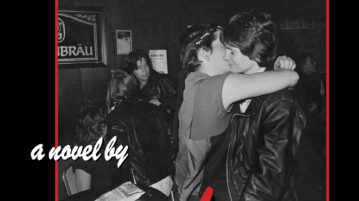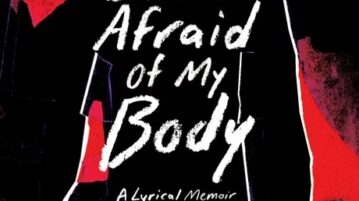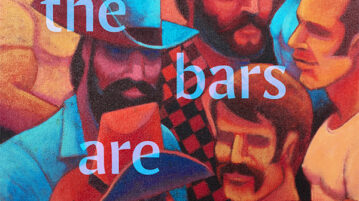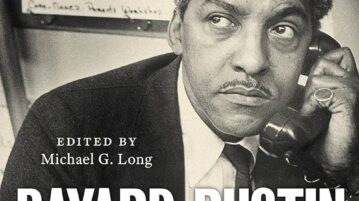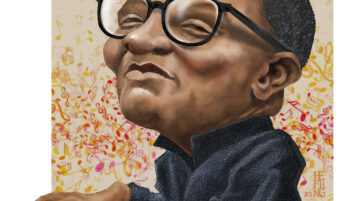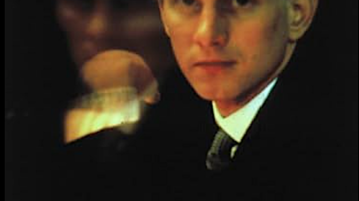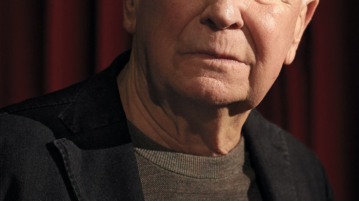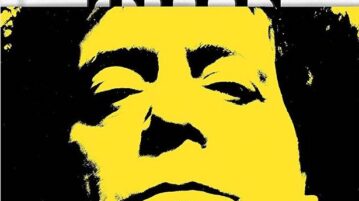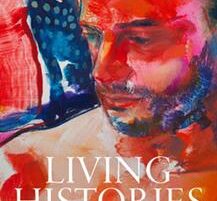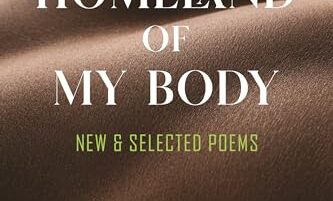
A Public Poet’s Private Selves
Homeland of My Body is a substantial compilation of poems from four earlier collections, along with many new poems. Blanco includes references to his private life in many of his works, but he does not write primarily about gay life. Instead, it is his Cuban ancestry and family members that shine through like a Havana sunrise. Ancestry, family history, and Cuban customs are so much at the heart of his œuvre that the theme of gay love is moved to the periphery.
More

